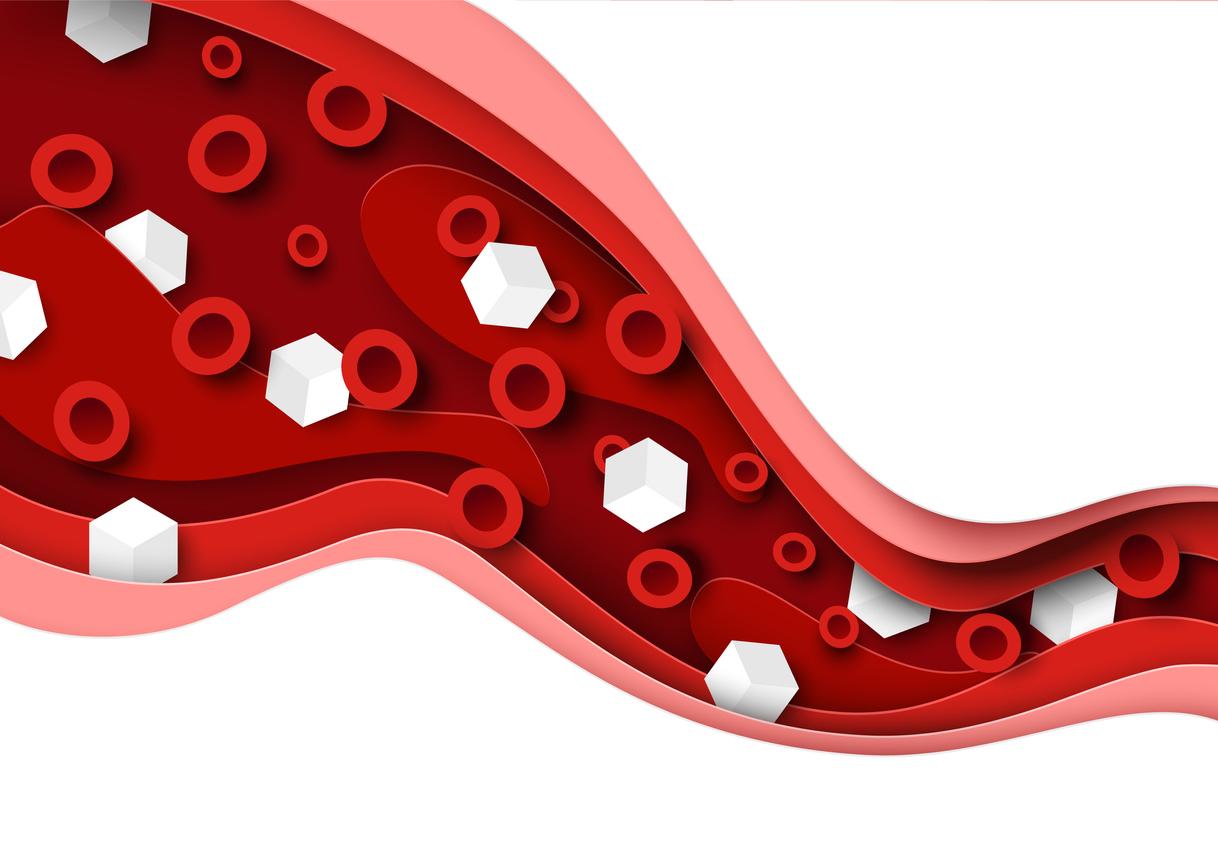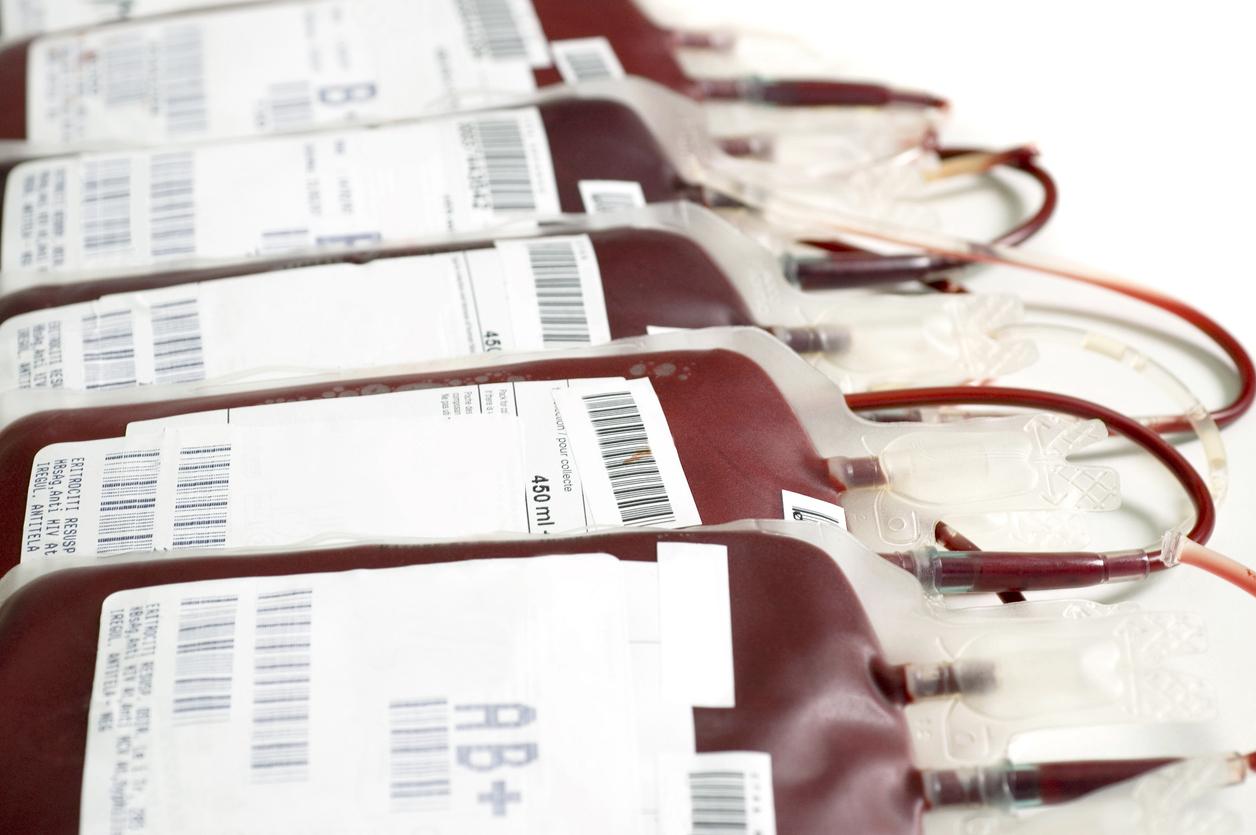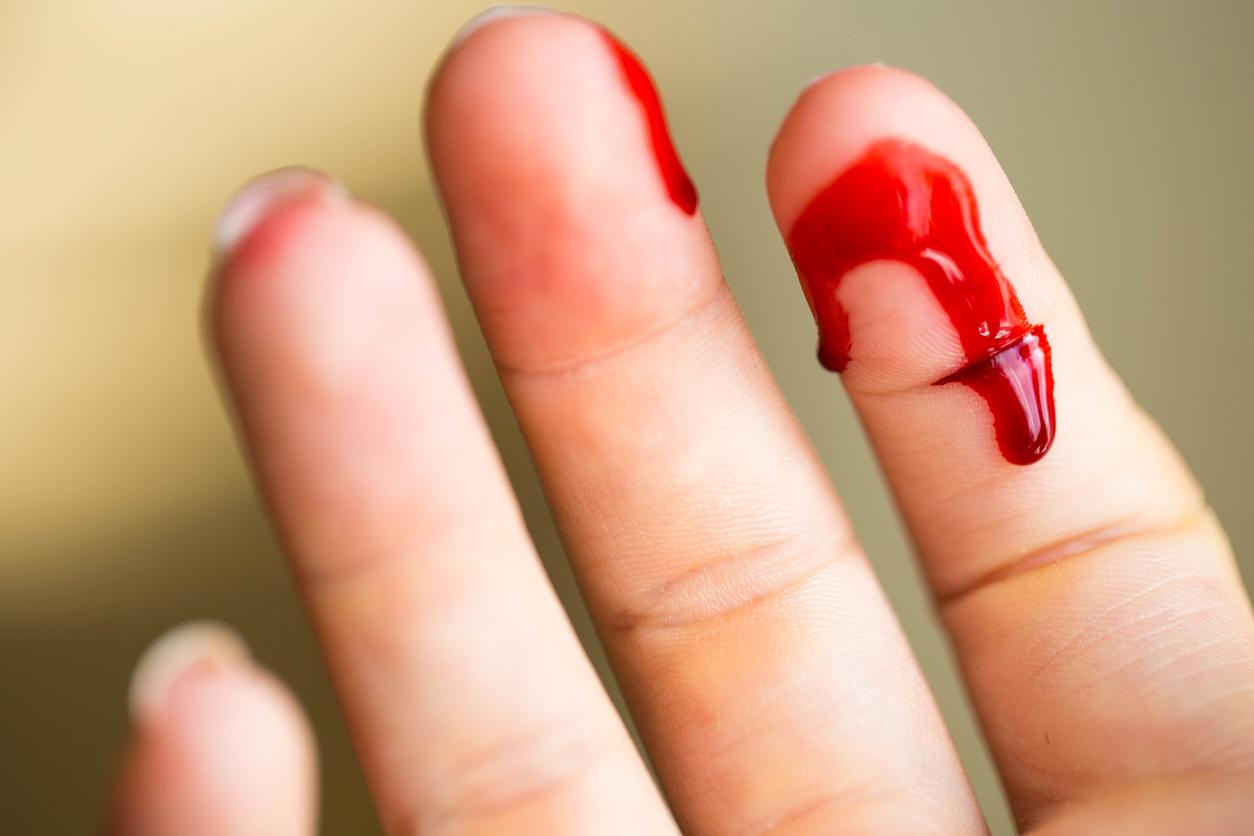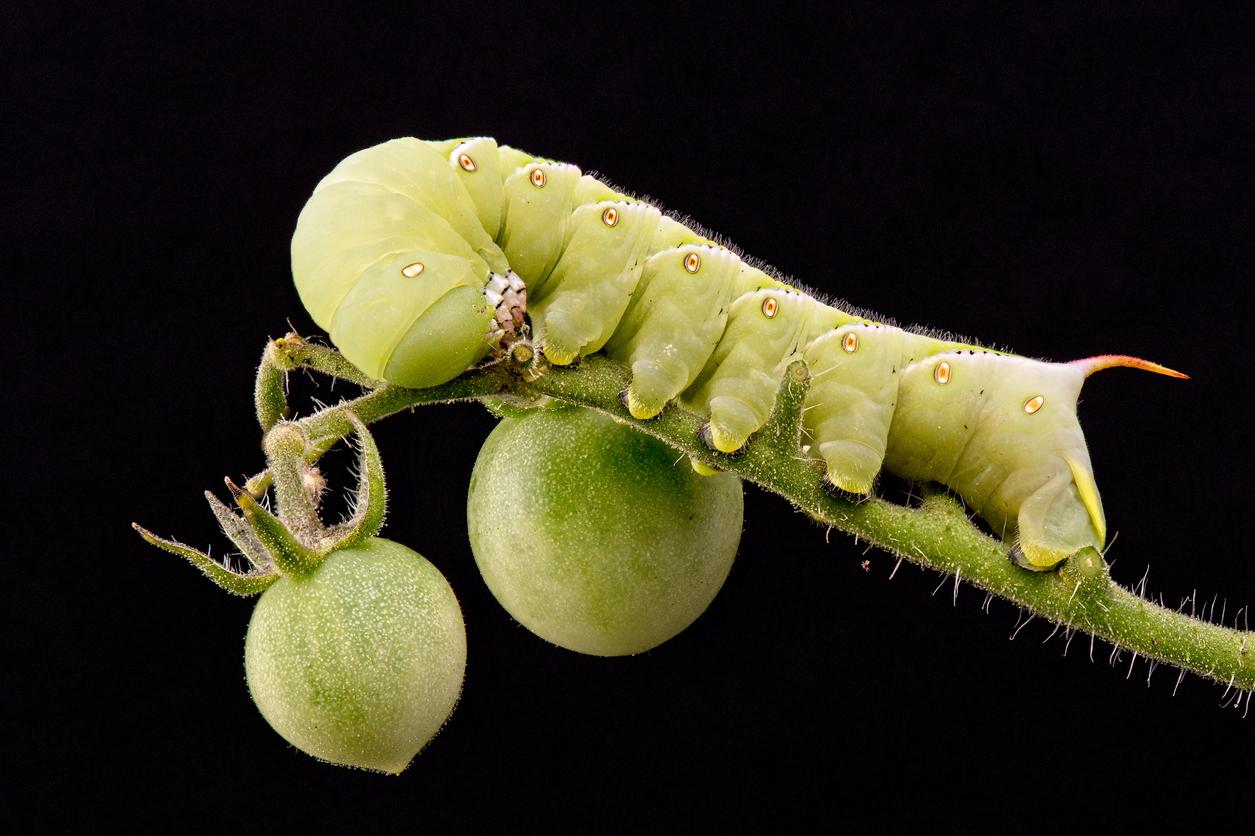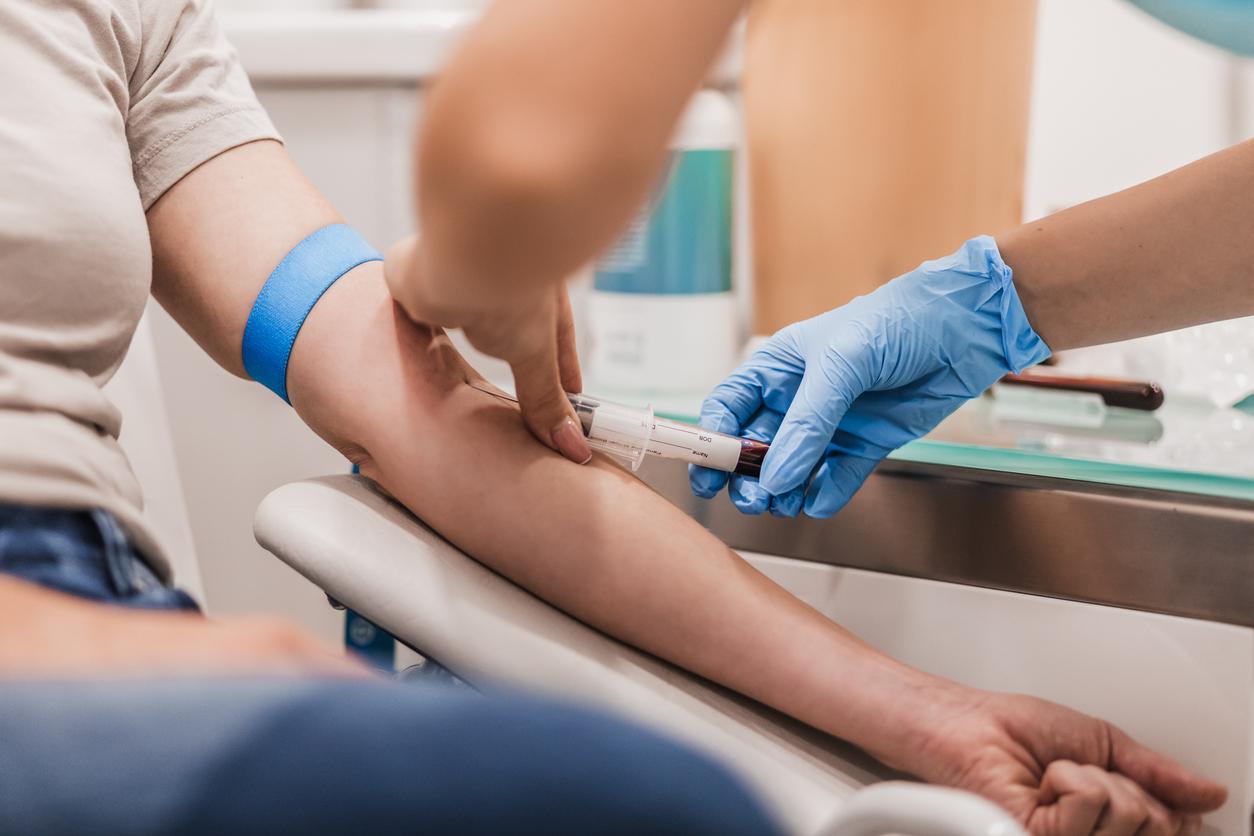An experimental blood test would detect 8 types of cancer early in 70% of cases, according to the results of a study published in the medical journal Science. This medical discovery would allow a major advance in the cure of cancers. Indeed, screening for the disease before symptoms appear increases the chances of survival.
Researchers at Johns Hopkins University in Baltimore (Maryland) in the United States worked with several hundred genes and 40 protein markers. They quickly identified the 16 genes that most often mutate in different types of tumor and 8 protein biomarkers characteristic of these pathologies.
Scientists have tested their blood tests on more than a thousand patients with one of the 8 cancers studied (ovary, liver, stomach, pancreasesophagus colon, lung and breast) and whose tumor has not yet spread. “The average sensitivity of the test was 70%, varying from 33% for breast cancer to 98% for ovarian cancer,” the researchers explain.
For the 5 cancers without screening tests (cancer of the ovary, liver, stomach, pancreas andesophagus), the sensitivity ranged from 69% to 98%.
Researchers have filed a patent for CancerSEEK, which will cost less than $ 500.
Questions about screening
This test could report false positive results for people with inflammatory diseases likearthritis which displays high levels of these proteins. Indeed, they are also a biomarker of damaged tissue.
This method of screening could also increase the unnecessary and risky treatment of some of these small tumors that do not turn into cancer.
To confirm their results and respond to areas of doubt, the scientists set up a new study with 50,000 women aged 65 to 75 who have never had cancer, to analyze whether this test can more systematically detect the presence of cancer. disease without any symptoms. It should last 5 years.
Read also:
Lung cancer screening to quit smoking?
Breast cancer screening: the right time is after 50
Should we systematically screen for the “Angelina Jolie gene” in women?











